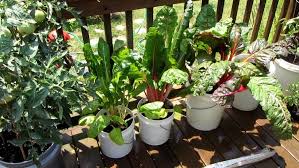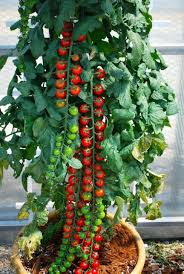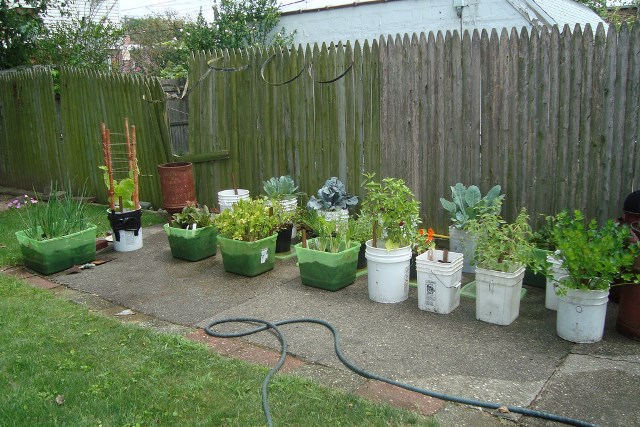Even if you live in a small apartment you can grow organic vegetables right at home. Organic vegetables are healthier than conventionally farmed alternatives, plus they taste better and have the right nutrients to support a healthy body. But in the grocery store organic vegetables can be expensive and often look pretty sorry. Growing them yourself in containers is a simple and fun way to enjoy healthy produce year round.
Benefits of Growing Organic Vegetables in Containers
Before you start moping about not having a big, beautiful garden space, consider these benefits of growing organic vegetables in containers:
- Convenience – Need a bit of basil to top off your soup? Or a pinch of thyme for that chicken? You don’t have to run to the store or even out to the garden, as your herbs and veggies are right at your fingertips.
- Freshness – Your local farmer’s market is a great place to find organic vegetables, but even they can’t provide the freshness of container grown produce. You can have juicy, falling off the vine ripe tomatoes on your salad, and enjoy herbs fresh off the plant with their strongest flavors.
- Physically Easy – If you go and plant a big garden in your yard you’ll find yourself spending hours bent double weeding and caring for your plants. Containers elevate your organic vegetables, saving your back and making day to day care a breeze.
- Beauty – Organic vegetables add beautiful color to your windowsill, deck, patio or balcony. Why waste those window boxes on marigolds when you could enjoy the site of bright purple kale, delicate yellow tomato blossoms and deep green basil?

Image courtesy of youtube.com
RELATED: Organic Vegetables Seeds
Watering Organic Vegetables in Containers
All those perks sound great, right? There is one small drawback to container gardening: watering. The container limits the root zone of your organic vegetables, and they will need plenty of water to stay healthy. If your containers are outside during a dry summer, you should be watering them every day.
Best Organic Vegetables for Container Gardening
What should you grow in your containers? Here are a few good options for beginners:
-
- Herbs – Thyme, basil, sage, oregano, marjoram, cilantro, dill and parsley all grow well in containers. Herbs are a great plant to start with, as they stay relatively small, can be brought in during the winter and generally perform well in poor soils. If you are growing thyme or sage be careful not to use a rich potting soil, as too many nutrients will actually diminish their flavor.
- Tomatoes – Choose a dwarf or cherry variety to grow in containers. You can even pick vine type tomatoes which grow beautifully in hanging baskets. No flavor is so delicious as a fresh, organic tomato ripe off the vine.
- Peppers – Bell peppers are not very fun to grow, as each plant only produces two or three peppers in a season. Try growing a spicy variety, like jalapeno or habanero. Bright yellow canary peppers are beautiful growing and make fabulous pickled peppers for sandwiches and salads.
- Greens – The most popular organic vegetables are probably greens. You can grow everything from wheat grass for fresh organic vegetable juice to micro greens to kale and lettuces in containers. Try a salad mix that you can trim with scissors for a constant supply of fresh greens.

Image courtesy of smalltowndjs.com
Extended Reading
Your Guide to Organic Gardening
Learn all about growing hot chillies in containers.

